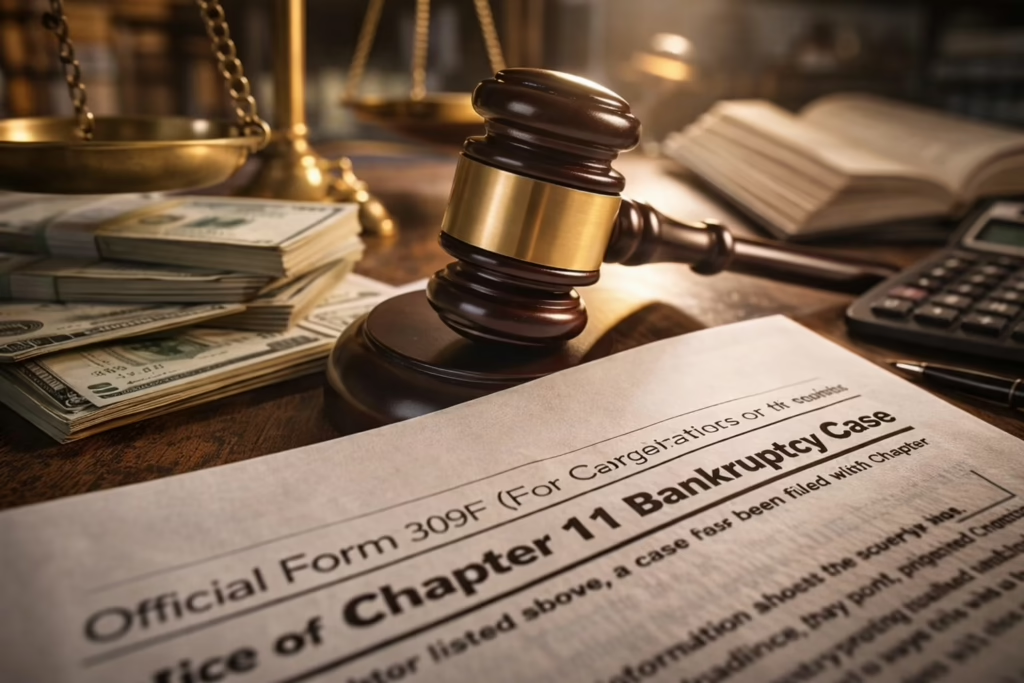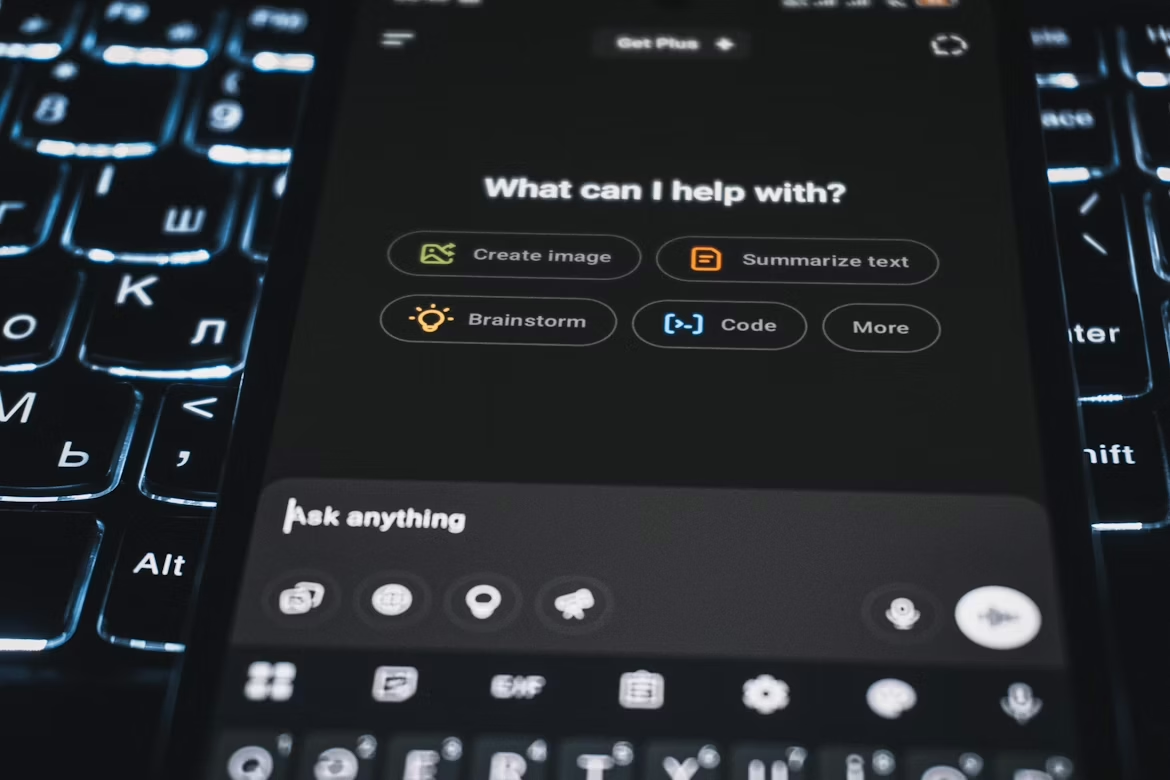Purpose
Debt collectors are required to read the mini-Miranda statement when contacting a debtor for the first time. It applies to all forms of contact (phone, in person or email). Mini-Miranda is only used in cases of consumer debt and is not used in cases of commercial business debt.
Debt collectors must identify themselves as such, clearly state they are attempting to collect a debt, and then clearly inform you that anything you say and any information you give them will be used toward that purpose.

History
Mini-Miranda rights were established by the Fair Debt Collection Practices Act of 1977 to guard consumer protection. It gave consumers legal protection against abusive debt collectors and their practices. The FDCPA was added as an amendment to the overall Consumer Credit Protection Act. Prior to its implementation, there was not a common and fair debt collection practice, and consumers had no mechanism by which to dispute charges or validate that debt collection information was valid and accurate. The act created fairness by establishing guidelines by which debt collection agencies were bound to conduct business, and applied penalties if these companies violated the provisions. It also expanded the rights of consumers.
Mini-Miranda rights are derived from the famous Miranda rights, a very famous Supreme Court Case regarding your rights as a citizen when you are questioned in police custody. The officer is required to read you your Miranda rights, which include remaining silent, the right to your attorney, the right to be appointed an attorney and the right not to speak to avoid incriminating yourself. The FDCPA doesn’t specifically name these debt collection rights as mini-Miranda, but relevant parties such as financial analysts, debt collectors, and lawyers, all refer to them as such because they are so similar to the main Miranda rights.
The type of harassment metered out by debt collectors before the FDCPA caused people to lose their jobs because debt collectors could—and would—go through employers to harass the debtor. The unfair practices also created unnecessary stress on debtors and often led to bankruptcy that could have been avoided in some cases, as well as marital problems.
Details
Aside from identifying themselves as debt collectors, the FDCPA also makes it illegal for debt collectors to contact debtors outside of regular hours (8 am to 9 pm). This was a harassment tactic often used to catch people off guard at odd hours. Several other tactics are also illegal, including other forms of harassment, making threats, using abusive language, and making false statements.
Another harassment tactic often used was that the debt collector would never tell how much was owed or to whom. Under the new FDCPA, the collector must tell you who you owe, how much you owe, give you a list of creditor names and also provide you with a clear path and mechanism for disputing the debt if that is your wish. All of this information must be conveyed within five days after your initial contact with the collector.
Debt collectors cannot call you at work, nor can they add bogus and unauthorized charges to your existing debt. Some states have additional state-level rights to ensure further protections against harassments. The state laws provide additional consumer protections, require debt collectors to be licensed, and other measures.
Your Rights
One of the main things the FDCPA does is require debt collectors to accurately identify themselves. A common tactic used in the past was for a debt collector to make up a false identity or a completely false pretense for why he or she was calling. In short, they were intentionally misleading the debtor.
Keep in mind that the debt collector only is required to read the full mini-Miranda in their first phone call with you. If they hire a third party collector, that agency must also read the full mini-Miranda the first time around. If the third party does not, they are in violation of the FDCPA.
Once the collection agency has initially contacted you, you can request that they stop repeatedly contacting you. They are allowed to contact you to communicate that they’ve stopped collection efforts or to notify you that they will file a lawsuit against you to try to obtain the unpaid debt. The lawsuit communication must be in writing.
Mini-Miranda Violations
So what are the repercussions when a debt collector violates the FDPCA?
The main violation occurs when a debt collector does not identify themselves up front as such. That is an automatic violation resulting in up to a $1,000 fine for each offense. In addition to that fine, the debtor has the option of filing a formal complaint with the Federal Trade Commission regarding the mini-Miranda violation. In most cases, you also have the right to sue the debt collector.
Bankruptcy Conditions
When a debtor file for bankruptcy, a court order goes into effect requiring creditors to stop all debt collection attempts. If consumers still feel harassed, they have the right to hire a bankruptcy attorney.
Commercial Collection Topics
- Top 3 things to consider when placing accounts for commercial collections Top 3 things to consider commercial debt collection; Getting Paid!, Protecting Your Company’s “BRAND” and Licensing, Bonding, and Insurance...
- Avoiding Common Debt Collection Pitfalls Managing debt collection can be a challenging process for businesses, with legal requirements and common mistakes often creating obstacles. In...
- New Time-Barred Debt Disclosure Decision Introduction to Debt Statute of Limitations In the most simple breakdown of debt collection legal obligations, a creditor has up...
- How to Recover Your Delinquent Accounts One of the first signs that a customer may have money trouble is late payments. The customer, this is the...















